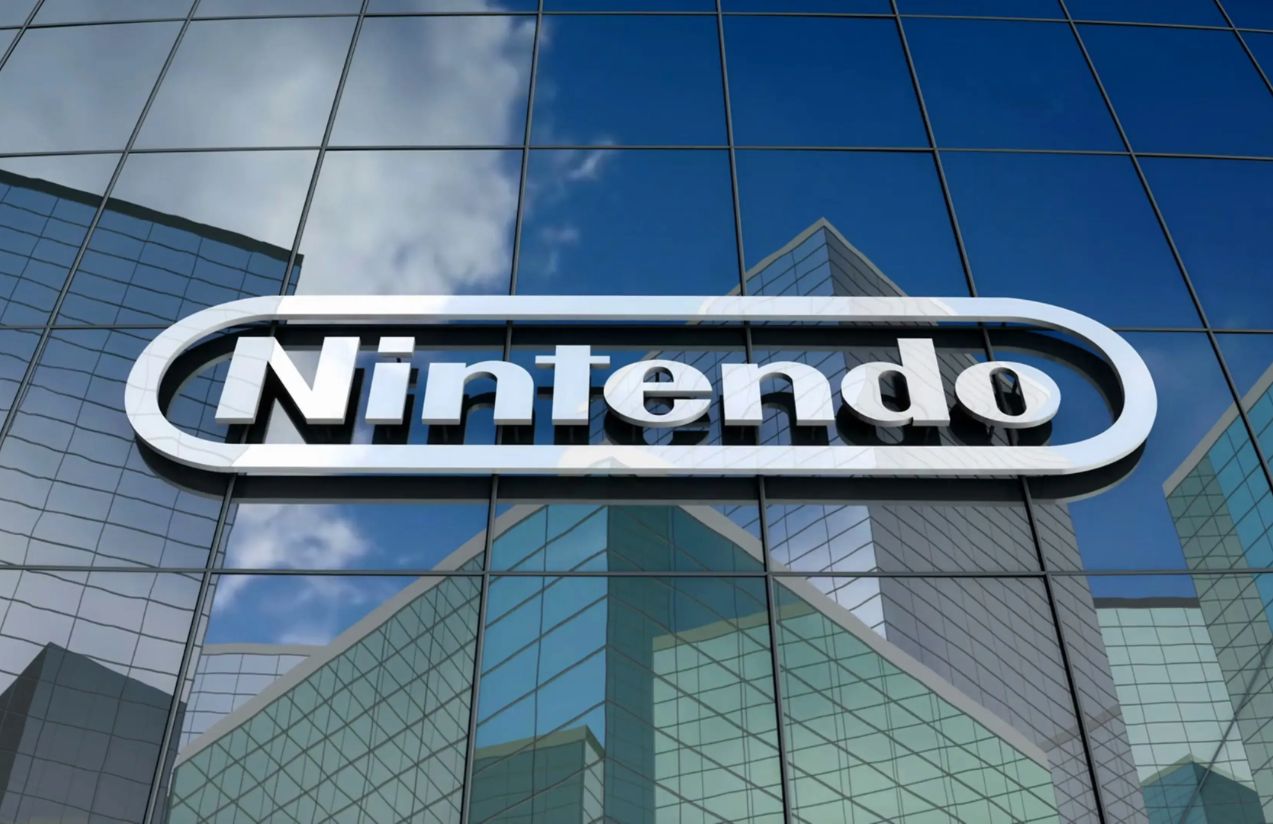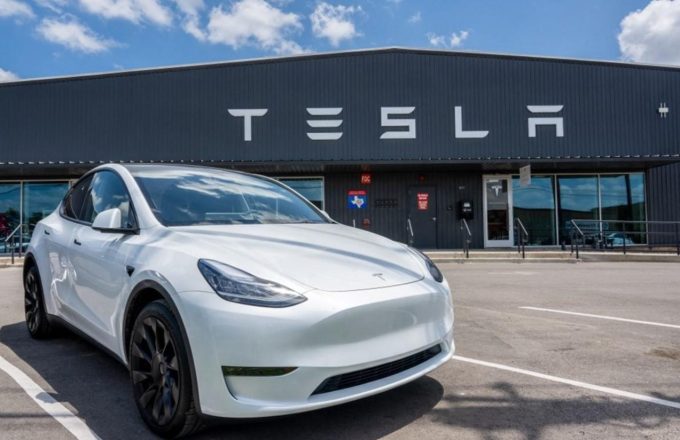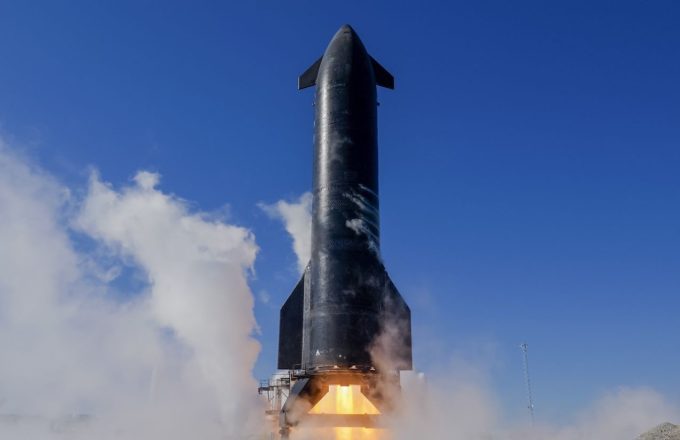The recent temporary suspension of reciprocal tariffs, announced by Donald Trump, has triggered a race against the clock among major tech companies to adjust their strategies. One of the first to respond was Nintendo.
The Japanese company decided to postpone pre-orders for its highly anticipated Nintendo Switch 2 in the United States and openly linked the delay to the ongoing trade tensions.
While most of its production was historically based in China, Nintendo began shifting part of its manufacturing to Vietnam back in 2019. At the time, the company claimed it wasn’t due to tariff concerns but rather a strategy to diversify its supply chain. Over time, that move has proven to be a smart one.
Today, one-third of all Nintendo Switch 2 units are being assembled in Vietnamese factories. Production is being handled by Hosiden, Nintendo’s key manufacturing partner and the equivalent of Foxconn in Apple’s ecosystem. The company is now under pressure to ramp up output and make the most of the current tariff window.
If Nintendo had kept all production in China, its U.S.-bound shipments would face a steep 145% tariff—an almost insurmountable blow. In contrast, Vietnam was subject to a 46% duty, which has now been temporarily lowered to 10% following the White House’s announcement.
According to Bloomberg, Nintendo is rushing to ship as many consoles as possible while the reduced rate is still in effect. In February alone, Hosiden shipped more units from Vietnam than it had over the previous six months. The reasoning is simple: stocking up now is far cheaper than paying higher tariffs later.
The tariff suspension is set to last 90 days. This is the window during which Washington and Hanoi hope to negotiate a trade agreement, although the U.S. is also engaged in discussions with other countries.
For now, the 10% rate remains in place. But if no deal is reached, it could jump back to 46%. According to analysts at Bernstein, Nintendo could absorb the 10% tariff without raising the U.S. retail price, which currently stands at $450. However, if the rate increases, consumers might bear the cost, with prices potentially rising by $50 to $100.
Pre-orders on Hold, Launch Date Unchanged
Pre-orders for the Nintendo Switch 2, originally set for April 9, remain on hold, and the company has yet to announce a new date for the U.S. market. However, the official release date of June 5 remains unchanged—for now.




















